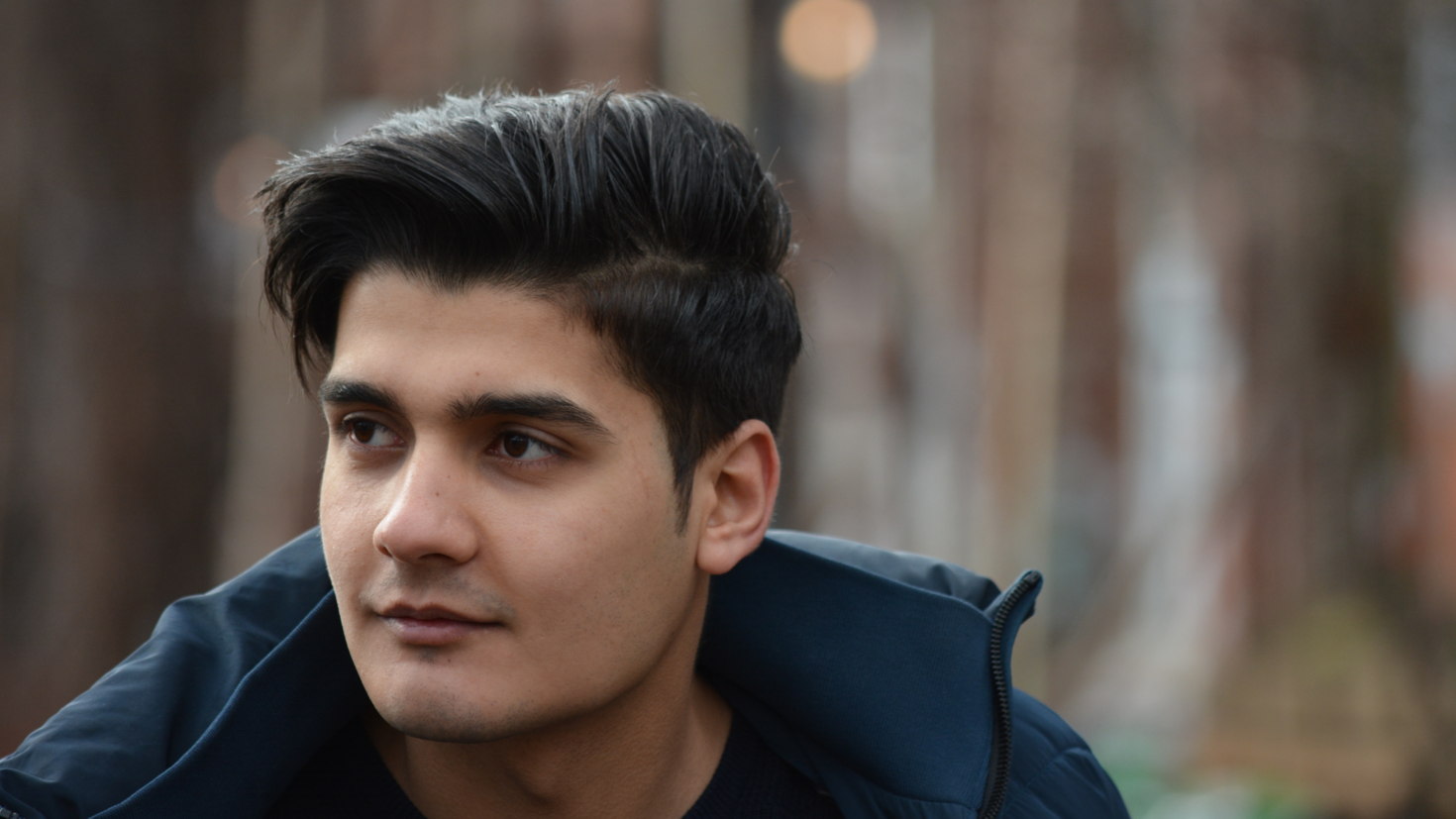Testimonials
Stacey Wharton
I started my studies in Social Work at age 17. In my first year, I took a variety of courses (psychology, criminology, philosophy, sociology, women’s studies), but it’s the introductory course to Social Work that really got me hooked, largely because of its content and the fact students were required to get involved with the community. I got the chance to complete yet another community project the following year (in a women’s drop-in center), and then did two community internships in my third and fourth years of study. Right from the very start, this program allowed me to weave connections into the social fabric of various communities. I acquired valuable work experience which I was able to balance with classroom theories and more standard critical thinking activities.

Rocheny Alexandre
Society is ever changing. Different social mutations are constantly projecting new realities. In social work, we are interested in the impact that these realities have on individuals, on communities and on society in general.
Katharine Larose-Hébert
My wish is to use my research to give a voice to those whose voices are forgotten or ignored, so that they can regain their power of agency. Before being a researcher, however, I am, first and foremost, an on-the-ground social worker and I’ll never lose sight of that primary role.